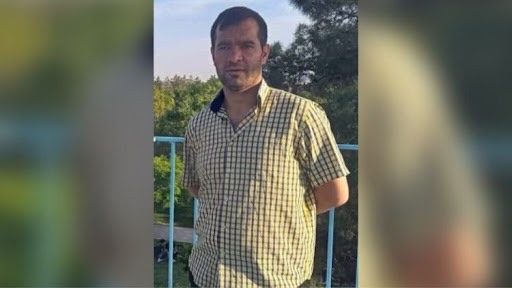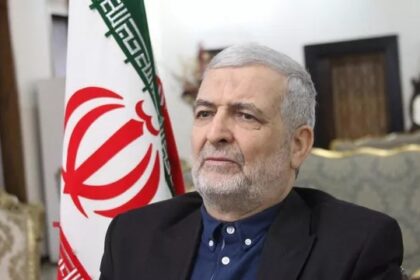RASC News Agency: Reliable sources report that Aref Mosleh, the former intelligence director of Rukha district in Panjshir province under the previous government, has been re-arrested by the Taliban in Kabul. Late on Sunday, January 12, sources disclosed that the Taliban apprehended Mosleh 20 days ago in the 315 area of Kabul and subsequently transferred him to an undisclosed location. According to these sources, Mosleh had recently returned to Afghanistan after a period of stay in Iran. He was previously detained by the Taliban a year and a half ago and spent time in prison. Originally from Rukha district, Mosleh had settled in Kabul following the collapse of the previous government.
As of now, the Taliban have issued no statements regarding his detention. Over the past three years, the Taliban have consistently targeted former military officials, particularly Tajiks, subjecting them to arbitrary arrests, imprisonment, and, in numerous instances, extrajudicial killings. Just nine days ago, the Taliban detained Shahidullah, another former National Directorate of Security (NDS) official, in Kandahar province upon his return from Iran. Shahidullah was subsequently incarcerated without explanation.
It is important to highlight that during their negotiations with the United States in Doha over the control of Afghanistan, the Taliban committed to refraining from acts of retribution, particularly against non-Pashtun communities. However, their ethnonationalist and tribal regime has, over the course of its three years in power, systematically engaged in the mass detention, imprisonment, torture, and extrajudicial execution of thousands of young Tajiks. Many have been accused of collaborating with the Resistance Front, the Freedom Front, or persecuted solely for their identity as Panjshiris or Andarabis.
These actions underscore the Taliban’s failure to honor their commitments and expose their continued reliance on repressive tactics to consolidate power. The targeted nature of these persecutions highlights deep-seated ethnic and political divides, raising questions about the group’s capacity to govern inclusively.






